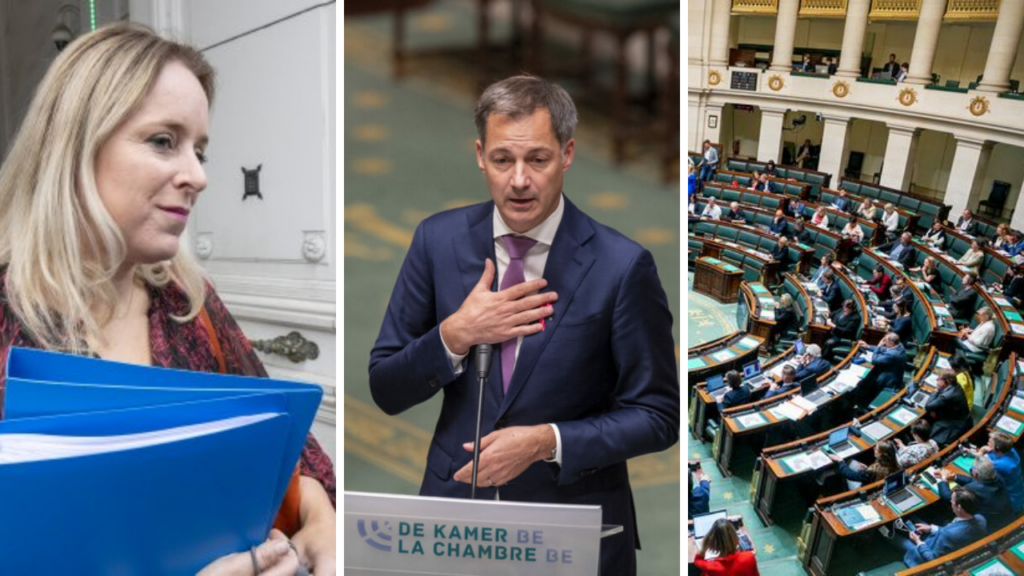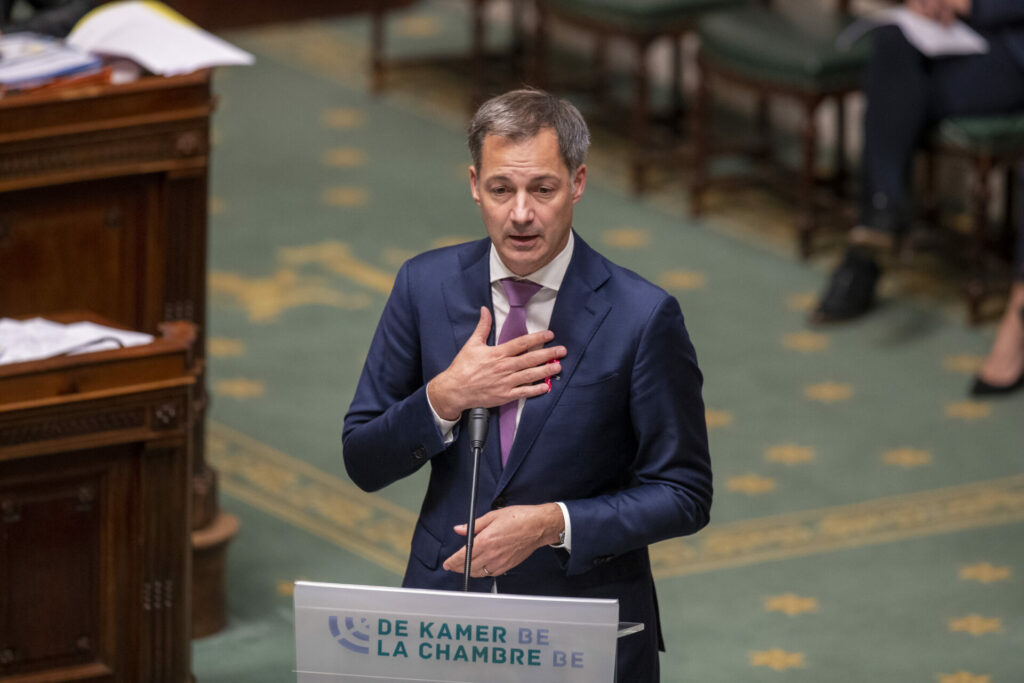Belgium packs a remarkable amount of diversity into a relatively small landmass, with regional and linguistic differences overlaying the political camps that non-Belgians might be more familiar with. The result is a dizzy cocktail of competing visions that somehow coexist within the crucible of the country's Federal Government.
The "Vivaldi" moniker applied to Prime Minister De Croo's coalition might give the impression that these countervailing perspectives blend in blissful diplomatic harmony. If only it were so simple. Though individual ministers might have their individual moments to take the lead when promoting their party's favoured project, when it comes to hammering out the practical details for the country's soon-to-be-announced budget, ideology must give way to reality.
To lift from the infamous refrain of one UK politician, this is the time to put aside the rhetoric and get around the negotiating table – even if that means staying there nights on end and seeing your key points rounded down and undercut by opponents.
Which is essentially what has been going on since Friday, the voices within the government making clear their differences but less clear the midpoint at which they will settle. Unsurprisingly, behind the conceptions of how to organise matters of state and society lies fiscal policy and how Belgium will keep the wheels on the wagon.
Whilst macro-economic theory has become more comfortable with the notion of growing national deficits in order to fund state support and infrastructure, conjecture about just how deep governments can dig into the state pocket forms the basis of lively debate, as we have seen within the Federal Government.
Belgium's current national debt is at 108% of GDP and will keep growing for at least a few years before any new measures curtail it. Whilst the aim of any government would be to encourage growth in order to reduce the relative debt burden, the Liberals within Belgium's government are also eager to constrain spending, thereby tacking the size of the debt itself.
How this will pan out in terms of immediate policies is the topic of De Croo's State of the Union address this afternoon. We'll give you the breakdown shortly.
Belgium in Brief is a free daily roundup of the top stories to get you through your coffee break conversations. To receive it straight to your inbox every day, sign up below:
1. Decathlon changes name to 'Nolhtaced' in three Belgian cities
Decathlon shops in Evere, Namur and Ghent will change their name to Nohltaced for one month, reported RTBF. Read more.
2. Just in time: Federal Government reaches agreement on budget
After a long night of negotiations, the Federal Government has reached an agreement on its 2023-2024 budget, announced Prime Minister Alexander De Croo on Tuesday. Read more.
3. International 'luxury human trafficking' operation run from East Flanders
A couple from Leupegem (East Flanders) was discovered to be behind an exceptional luxury human trafficking operation which offered bespoke but illegal travel from Iraq and Iran to Europe. Read more.
4. Welcome to Brussels: How to register at the commune
Belgium is almost as known for its convoluted administrative system as it is for its surrealist artists. Yet of all the bureaucratic hurdles new arrivals face, signing up with your Brussels commune is often the most torturous. Read more.
5. Weight gain from alcohol more complex than 'beer belly' concept
The term “beer belly” has always suggested that drinking lots of beer will make you fat. While alcohol does generally contain a lot of calories and can lead to fat reserves being stored in the body if the drinker has a sedentary lifestyle, the real reason is a lot more complicated than simply saying that beer makes you gain weight. Read more.
6. Asylum reception crisis: Brussels centre once again closes doors to new arrivals
Belgium's latest asylum reception crisis has been ongoing for over a year now, resulting in thousands sleeping rough on the streets. Now, asylum applications reached levels not seen since 2015, threatening to further exacerbate the crisis. Read more.
7. Hidden Belgium: Hof ter Saksen
The curious nineteenth-century Hof ter Saksen is surrounded by beautiful rambling grounds planted with ancient trees. The house was occupied by the German military in the First World War, and remained a ruin until just a few years ago with trees growing through the roof. Read more.


